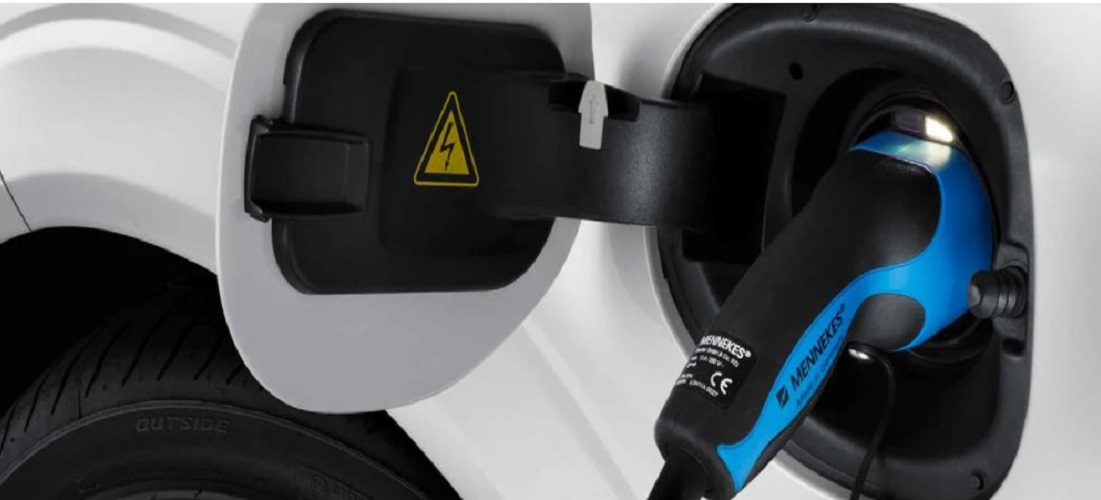
DB Schenker and Volvo Cars start green alliance to reduce CO2 in auto parts transport
Jul, 28, 2023 Posted by Lillian SmoakWeek 202331
DB Schenker and Volvo Cars have partnered to make the shipping of automotive parts more sustainable by shipping 12,000 standard containers (TEU) of spare parts on ships running biofuel, which will reduce CO2 emissions by 84% per container. Over the course of a year, this initiative will save approximately 9,000 tonnes of CO2 compared to marine transport ships powered by fossil fuels.
The program began in June and connects, among other locations, Volvo Cars’ production plant in Gothenburg with the ports of Savannah, Newark and New York. This agreement marks the beginning of a new, long-term business partnership between the leading logistics provider and one of the world’s best-known and most respected car brands. DB Schenker purchases second generation used cooking oil methyl ester (UCOME) type biofuel.
“We are proud that a recognized brand like Volvo Cars joins DB SCHENKER on our path to a cleaner logistics future. We are committed to supporting customers in reducing Scope 3 emissions from transport and distribution. We will succeed in shaping sustainable supply chains only if shippers, forwarders and carriers work closely together,” says Thorsten Meincke, Global Board Member for Air and Sea Cargo at DB Schenker.
“At Volvo Cars, we are on a mission to decarbonize our supply chain. Strong partnerships with leading logistics providers are crucial to creating possibilities such as the use of renewable fuels for maritime transport. We are constantly exploring sustainability opportunities in all aspects of our supply chain and we want to encourage other automakers to act too, increasing the demand for lower carbon maritime transport,” says Javier Varela, Volvo Director of Operations and Deputy CEO Cars.
The renewable fuel used for these transports is certified by an independent third party and is not produced in competition with food crops. Therefore, it has a lower impact on the environment, according to the European Union Renewable Energy Directive (RED). When renewable fuel is not available for a given Volvo Cars shipment, it will be used in another customer’s transport and allocated to Volvo Cars through a so-called “mass balancing” methodology. This method is regularly audited by a third party and ensures that the overall reduction in fossil fuel use is in line with actual use on container ships.
Source: Guia Marítimo
To read the full original article, visit: https://www.guiamaritimo.com.br/noticias/maritimo/db-schenker-e-volvo-cars-iniciam-alianca-verde-para-reduzir-co2-em-transporte-de-autopecas
-
Ports and Terminals
Oct, 02, 2020
0
Port of Imbituba reaches new record in September
-
Shipping
Jun, 07, 2021
0
MSC CEO Soren Toft calls for global approach to R&D and carbon pricing
-
Coffee
Oct, 13, 2022
0
Coffee: October shipments number 952,678 bags
-
Meat
Nov, 11, 2021
0
US again boosts JBS results

